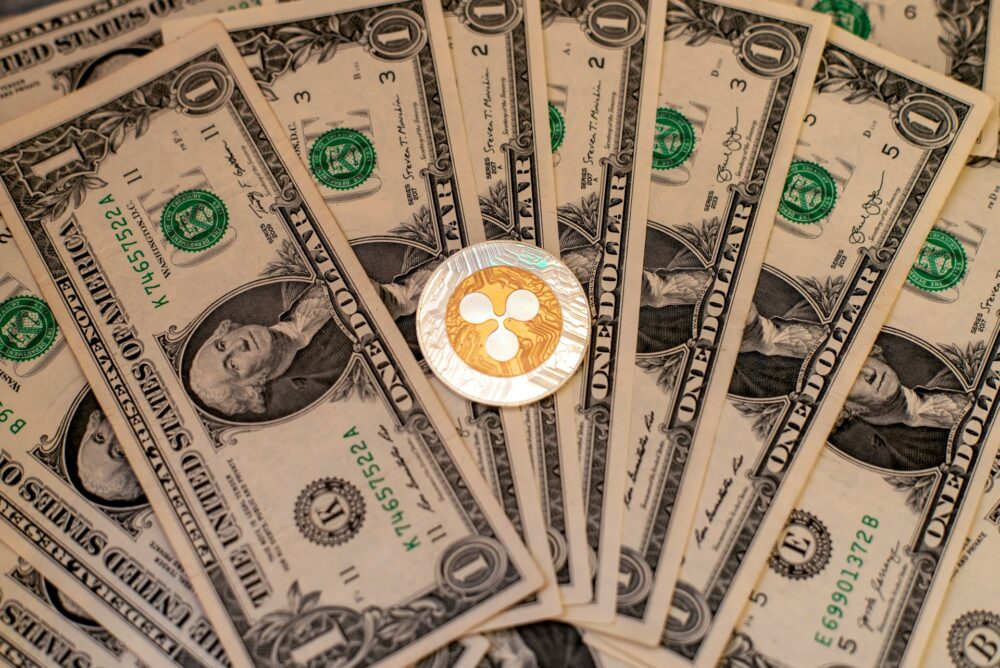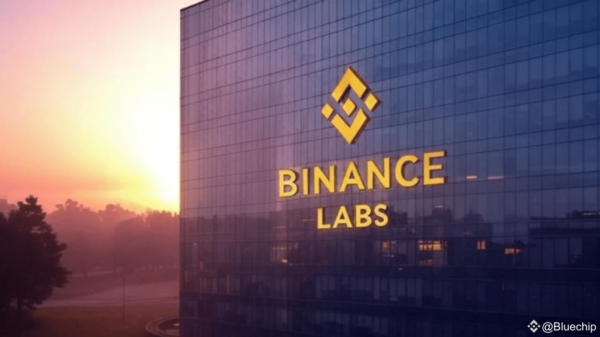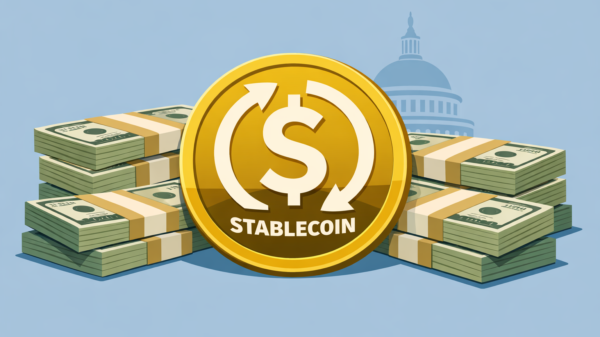Ripple Labs has acquired the Hidden Road crypto broker for USD$1.25 billion in a bid to scale its institutional offerings and integrate its blockchain ecosystem
Announced on Tuesday, the elements of the deal include capital infusion, use of Ripple RLUSD stablecoin and settlement options through the XRP Ledger.
This acquisition is one of the largest crypto mergers and acquisitions to date.
The deal, paid with cash, stock, and XRP, is set to close soon pending regulatory approval. Prime brokers like Hidden Road offer trading, custody, and lending services to hedge funds, banks, and other large players. Ripple plans to inject billions in capital to scale Hidden Road’s operations immediately.
“Ripple needs to make sure we have the infrastructure in place to appeal and expand to a larger segment of the biggest bracket institutions,” said Brad Garlinghouse, Ripple’s CEO.
As part of the integration, Ripple will use its RLUSD stablecoin as collateral within Hidden Road’s platform.
Ripple is also exploring the XRP Ledger to enhance settlement speed and efficiency. The acquisition comes amid a more favorable U.S. regulatory climate for crypto.
Institutions like Fidelity and BNY Mellon are also showing increased interest in embracing crypto. Hidden Road, founded in 2018, processed USD$3 trillion in transfers last year. Citadel Securities and Coinbase Ventures are among its early backers.
“For the crypto industry to achieve the next phase of growth, it’s critical that core infrastructure is in place for institutional adoption; prime brokers bring the necessary credibility and professional trading services expected in legacy finance to digital assets,” Ripple stated in a press release.
Read more: Hive Digital starts mining Bitcoin in Paraguay with renewable energy
Read more: Bit Digital inks new deal to bring GPU firepower, and bumps $15M in revenue
Smooth sailing for Ripple as SEC woes in rear view
Ripple has had some rather hard road over the past few years.
The company faced significant legal challenges with the U.S. Securities and Exchange Commission (SEC) since December 2020. The SEC filed a lawsuit against Ripple, claiming its XRP token was an unregistered security. This legal battle stemmed from Ripple’s sale of XRP, which therefore SEC argued violated securities laws. Ripple then countered that XRP was a cryptocurrency, not a security, and should not be regulated as such.
Over the years, the case has drawn attention from the broader crypto industry, with various companies and organizations filing amicus briefs in support of Ripple. Despite these efforts, the SEC’s case continued to progress. Ripple’s defense centered on the argument that the SEC’s rules on cryptocurrency were unclear and inconsistent. As the case dragged on, it led to uncertainty in the market, particularly with XRP’s listing on exchanges. Consequently, many platforms delisted XRP amid the lawsuit, impacting its value and liquidity.
In late 2022, a pivotal moment came when a judge ruled that Ripple’s sale of XRP to institutional investors violated securities laws, but it did not apply to XRP sales to retail investors. The ruling offered a partial victory to the company. In 2023, Ripple reached a settlement with the SEC to end the lawsuit, putting the case to rest after over four years of legal disputes. The resolution has paved the way for Ripple to move forward with its business plans.
Additionally, Donald Trump’s crypto-friendly policies aimed to foster innovation and reduce regulatory burdens on digital assets. This approach benefits companies like Ripple, as it creates a more supportive environment for crypto growth.
.














